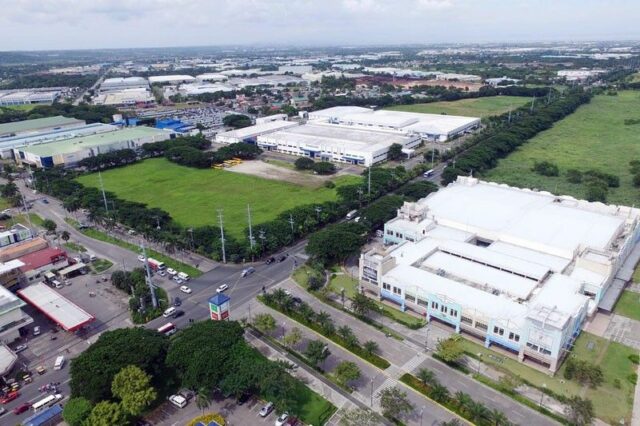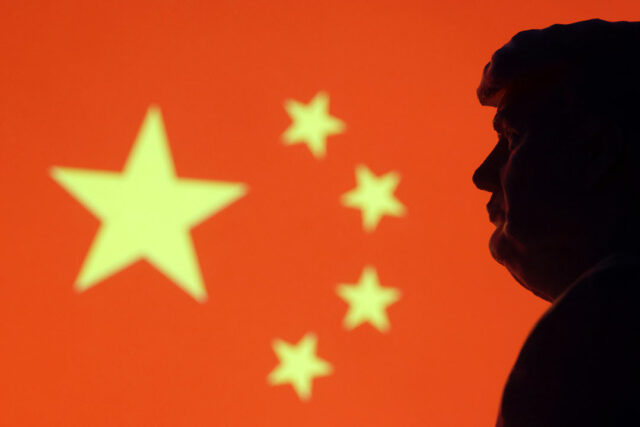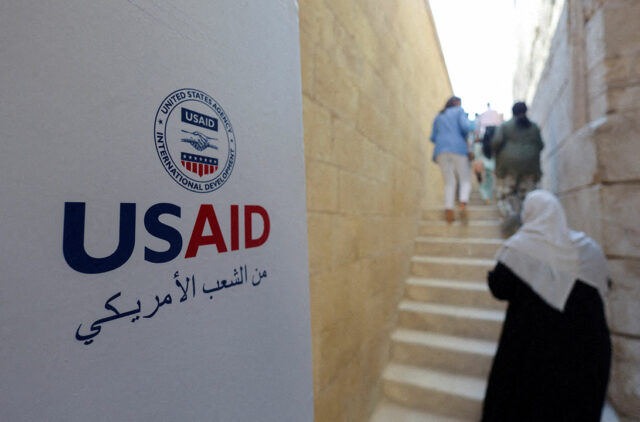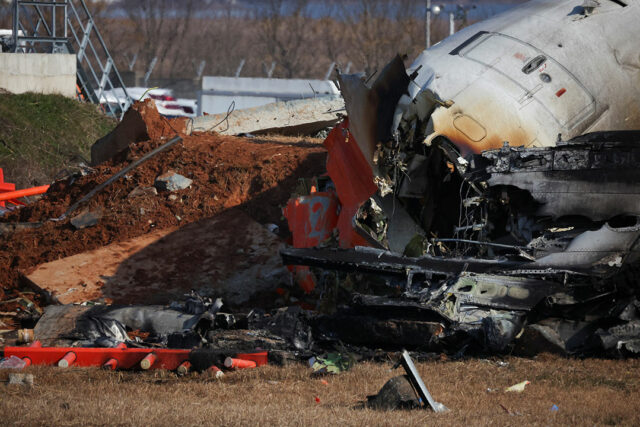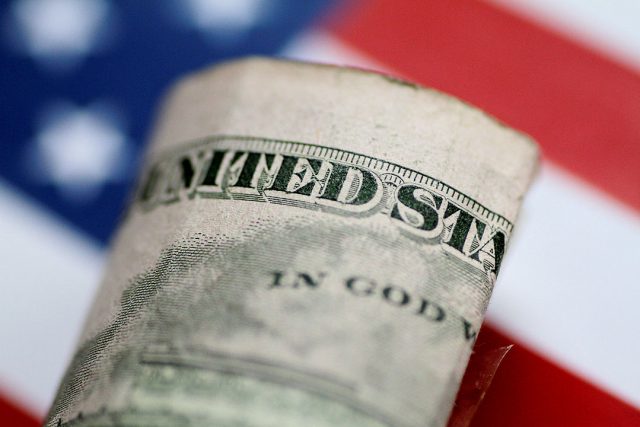Laguna first province to hit P1-trillion mark in economic contribution — PSA
LAGUNA became the first province to exceed the P1-trillion mark in terms of economic value contributed to the economy in 2023, the Philippine Statistics Authority (PSA) reported on Tuesday.
The province generated an economic value of P1.03 trillion in 2023, according to the PSA’s Provincial Product Accounts (PPA).
Laguna’s economic value was equivalent to 4.9% of gross domestic product (GDP) that year.
Also topping the rankings were Cavite (P780.05 billion or 3.7% of GDP), Batangas (P645.78 billion or 3.1%), Bulacan (P631.64 billion or 3%), and Pampanga (P566.57 billion or 2.7%).
Provinces generated P11.8 trillion in economic value in 2023, or 56.1% of GDP.
“It’s not a surprise that provinces that are urbanized have the largest provincial economy such as Laguna and Batangas. Further urban development can bring about industries and employment opportunities that have a higher value-added, such as manufacturing and IT services,” Reinielle Matt M. Erece, economist at Oikonomia Advisory and Research, Inc., said in an e-mail.
Batanes was the fastest-growing province in 2023, with its provincial product growth accelerating to 14.5% from 11.6% in 2022. The national average was 5.5% that year. Camiguin also posted double-digit growth with 11%.
On a per-capita basis, Bataan topped the rankings with P314,641, exceeding the national average of P186,476 in 2023. The other five provinces that surpassed the national average were Laguna (P294,388), Batanes (P286,386), Pampanga (P229,778), Misamis Occidental (P199,106), and Batangas (P197,984).
“Growth among the provinces in 2023 was largely due to stronger local demand and investments,” University of Asia and the Pacific Senior Economist Cid L. Terosa said in an e-mail.
The PSA also reported that 68 of the Philippines’ 82 provinces were predominantly services-based in 2023.
“As more provinces urbanize, demand for retail, banking, real estate, and hospitality services has surged,” Philippine Institute for Development Studies Senior Research Fellow John Paolo R. Rivera said via Viber.
“Services continue to contribute substantially to GDP for most provinces in 2023 because many forms of services have emerged and created new markets to serve growing demand. Many of these services are technology-driven,” Mr. Terosa said.
Mr. Terosa said that provinces may continue to register strong growth in 2024, though the rate of growth may have slowed.
“Base effects can also be a factor as to why we may see a slight drop in the growth of the 2024 PPA, given that 2023 was the year when the tourism sector skyrocketed,” Mr. Erece said.
“However, the IT-BPM sector is still seeing robust growth, and services being the dominant sector, can provide a positive growth outlook for provinces,” he added.
Additionally, persistent inflation and elevated interest rates in 2024 could dampen household consumption, particularly in provinces reliant on domestic demand, Mr. Rivera said.
The Bangko Sentral ng Pilipinas raised interest rates by 450 basis points during the May 2022-October 2023 period, bringing its policy rate to an over 17-year high of 6.5% as it sought to check inflation.
Mr. Rivera also said that weather disturbances and climate-related disruptions could “impact agricultural output, affecting growth in key farming provinces.”
The PPA will be institutionalized across all regions by 2025, ensuring annual compilation of data for all provinces and highly urbanized cities, the PSA said. — Pierce Oel A. Montalvo

